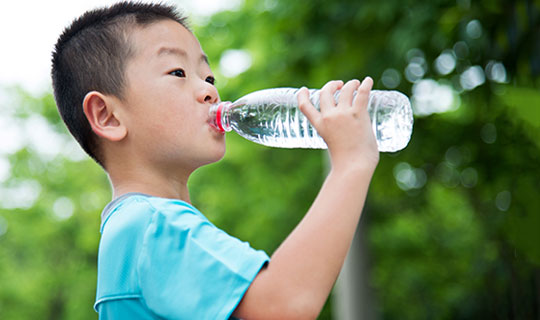
Nearly one million kids, teens and adults drink sugar-filled beverages daily, without considering the short-term and long-term consequences. Sugary beverages have been proven to increase your risk of obesity, diabetes and heart disease. Further, obesity is linked to the rise in cancer rates. Therefore, The Public Good Projects and the Nicholson Foundation are on a mission to cut down on sugar consumption in the United States. Sugary beverages are one of major contributors of sugar in the American diet.
Clara Maass Medical Center, Jersey City Medical Center, RWJUH Rahway and Newark Beth Israel Medical Center have taken the #NJSugarfreed pledge to commit to water and low-calorie alternatives to sugary drinks in their facilities. This pledge requires that vending machines have water stocked in at least two slots per machine, or to supply free water by the vending machine; use no more than the two bottom slots for high-calorie beverages; and display the total calorie count for each item in the machine. Their cafeterias must move high-calorie drinks away from eye level and to the lowest selling position; move water and low-calorie beverages to eye level; require all beverage fountains include low-calorie options.
A 20-ounce soda has nearly 65 grams of sugar, and 240 calories. That’s roughly 16 teaspoons of sugar. That’s double the American Heart Association’s recommendation of the maximum amount of sugar a woman should consume per day, and nearly double the recommendation for men. Drinking just one or two of these beverages a day equates to about 68 pounds of sugar a year that is solely from liquid consumption. This is more than enough to cause weight gain and increase the risk of diabetes and heart disease.
To learn more and to make the pledge yourself, visit njsugarfreed.org.